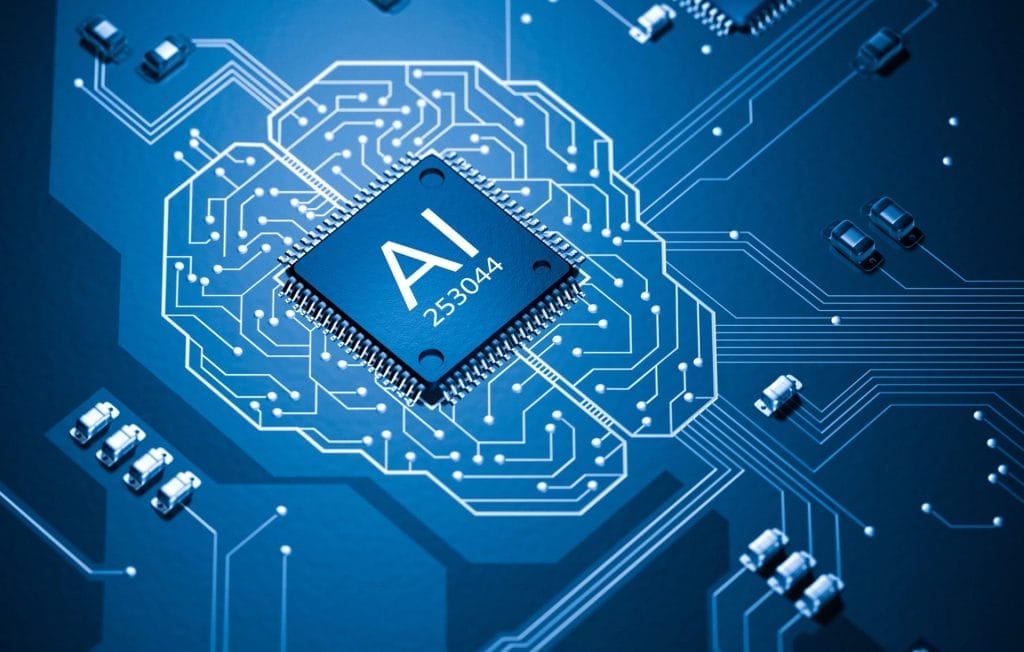The Transformative Power of Artificial Intelligence: A Deep Dive into AI
July 19, 2024 2024-07-19 9:27
The Transformative Power of Artificial Intelligence: A Deep Dive into AI
Artificial Intelligence (AI) has rapidly evolved from a niche area of computer science to a cornerstone of modern technology. Its applications span numerous fields, including healthcare, finance, transportation, and entertainment. This article explores the fundamental concepts of AI, its diverse applications, and the ethical considerations surrounding its development and deployment.
Understanding Artificial Intelligence
Artificial Intelligence refers to the simulation of human intelligence in machines that are programmed to think and learn. These systems can perform tasks that typically require human intelligence, such as recognizing speech, making decisions, and translating languages. AI is broadly classified into two categories:
- Narrow AI: Also known as Weak AI, it is designed to perform a narrow task (e.g., facial recognition, internet searches, or self-driving cars). It operates under a limited pre-defined set of constraints and parameters.
- General AI: Also known as Strong AI, it possesses the ability to understand, learn, and apply intelligence across a wide range of tasks. This type of AI remains theoretical and is the ultimate goal of AI research.
Core Components of AI
AI integrates various technologies and methodologies to function effectively. Key components include:
- Machine Learning (ML): A subset of AI focused on developing algorithms that allow computers to learn from and make predictions based on data.
- Neural Networks: These are computational models inspired by the human brain, consisting of interconnected nodes (neurons) that process information in layers.
- Natural Language Processing (NLP): A branch of AI that deals with the interaction between computers and humans through natural language.
- Computer Vision: This field enables computers to interpret and make decisions based on visual data from the world.
Applications of AI
AI’s versatility is showcased in its wide-ranging applications, transforming industries and enhancing human capabilities.
1. Healthcare
AI is revolutionizing healthcare by enabling early disease detection, personalized treatment plans, and efficient management of health records. AI algorithms can analyze medical images to identify diseases like cancer at an early stage, while predictive analytics can anticipate patient needs and improve outcomes.
2. Finance
In the finance sector, AI is used for fraud detection, algorithmic trading, risk management, and customer service. AI systems can analyze vast amounts of data to identify fraudulent transactions and predict market trends, providing significant advantages to financial institutions.
3. Transportation
AI powers autonomous vehicles, improving safety and efficiency in transportation. Self-driving cars use AI to process data from sensors and cameras to navigate roads and avoid obstacles. AI also optimizes logistics and supply chain management, reducing costs and delivery times.
4. Entertainment
In the entertainment industry, AI enhances user experiences through personalized recommendations on platforms like Netflix and Spotify. AI-driven content creation tools are also emerging, helping artists and creators produce music, art, and literature.
Ethical Considerations in AI
As AI technology advances, it raises important ethical questions and challenges that need to be addressed:
- Bias and Fairness: AI systems can perpetuate and even amplify biases present in training data, leading to unfair treatment of certain groups. Ensuring fairness and transparency in AI algorithms is crucial.
- Privacy: AI’s ability to process and analyze large amounts of data raises concerns about data privacy and surveillance. Balancing innovation with the protection of individual privacy is essential.
- Job Displacement: The automation of tasks through AI can lead to job displacement, affecting livelihoods. It is important to consider strategies for workforce transition and reskilling.
- Accountability: Determining accountability for decisions made by AI systems, especially in critical areas like healthcare and criminal justice, is a significant challenge. Establishing clear guidelines and regulations is necessary.
The Future of AI
The future of AI holds immense potential and promise. Ongoing research aims to advance AI capabilities, making systems more robust, intelligent, and ethical. Collaboration between technologists, policymakers, and ethicists will be key to navigating the challenges and maximizing the benefits of AI.
Conclusion
Artificial Intelligence is transforming the way we live and work, driving innovation across multiple sectors. As AI continues to evolve, it offers exciting opportunities to improve our lives while posing significant ethical challenges. By prioritizing responsible development and deployment, we can harness the power of AI to create a better, more equitable future for all.
Related Posts
The Transformative Power of Artificial Intelligence: A Deep Dive into AI
July 19, 2024 2024-07-19 9:27Popular Tags






























